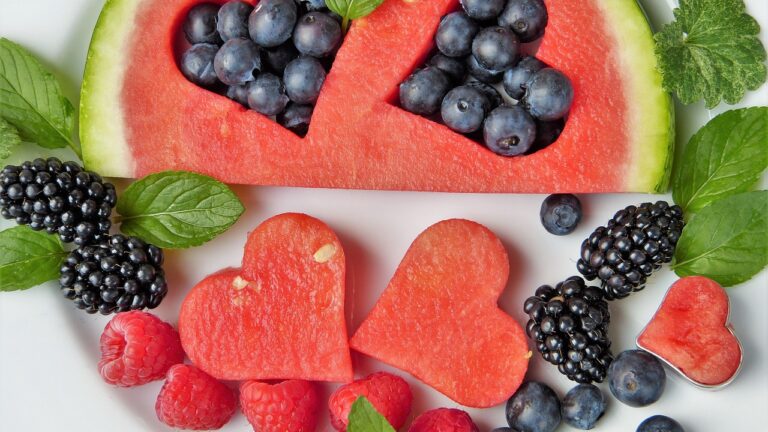Introduction:
Choosing the right fruits is a pivotal aspect of maintaining a healthy and balanced diet. As we go through the vast array of options available, seeking guidance from dietitians becomes crucial to ensure our nutritional needs are met. In this article, we explore the insights of dietitians to unveil the best fruits for overall well-being.
1. Nutrient Density:
Dietitians consistently emphasize the importance of nutrient-dense foods, and fruits are no exception. Nutrient density refers to the concentration of essential vitamins, minerals, and antioxidants in a given food. Berries, such as blueberries, strawberries, and raspberries, are often hailed by dietitians for their high nutrient density. These fruits are rich in antioxidants, fiber, and various vitamins, contributing to improved immune function and cardiovascular health.
2. Fiber-Rich Options:
Dietary fiber plays a pivotal role in digestive health, blood sugar regulation, and weight management. Dietitians recommend fruits like apples, pears, and bananas for their significant fiber content. These fruits not only promote satiety but also assist in maintaining stable blood sugar levels, making them suitable choices for those aiming to manage weight or control diabetes.
3. Low Glycemic Index Fruits:
For individuals focused on managing blood sugar levels, dietitians often suggest incorporating fruits with a low glycemic index (GI). The GI measures how quickly a food raises blood sugar. Berries, cherries, and grapefruit are examples of fruits with a low GI, making them preferable options for individuals with diabetes or those seeking to maintain steady energy levels throughout the day.
4. Vitamins and Minerals:
Variety is key when it comes to meeting our daily vitamin and mineral requirements. Dietitians recommend incorporating a diverse range of fruits to ensure a broad spectrum of nutrients. Citrus fruits like oranges and grapefruits are praised for their high vitamin C content, which is essential for immune function and collagen synthesis. Meanwhile, kiwi and mango offer a rich supply of vitamins A and K, contributing to vision health and blood clotting, respectively.
5. Portion Control:
While fruits offer a plethora of health benefits, dietitians stress the importance of portion control. Even nutrient-dense fruits contain natural sugars, and consuming them in excess can contribute to an imbalance in calorie intake. Dietitians commonly advise individuals to enjoy a variety of fruits in moderate portions to maintain a balanced and sustainable diet.
Conclusion:
The best fruits, according to dietitians, are those that contribute to a well-rounded and nutrient-dense diet. Berries, fiber-rich options, low GI fruits, and those packed with essential vitamins and minerals all play a role in promoting overall health. However, individual dietary needs and preferences vary, so consulting with a registered dietitian can provide personalized guidance for making the best fruit choices based on specific health goals and considerations. Ultimately, incorporating a colorful array of fruits in moderation can contribute to a delicious and healthful diet.






